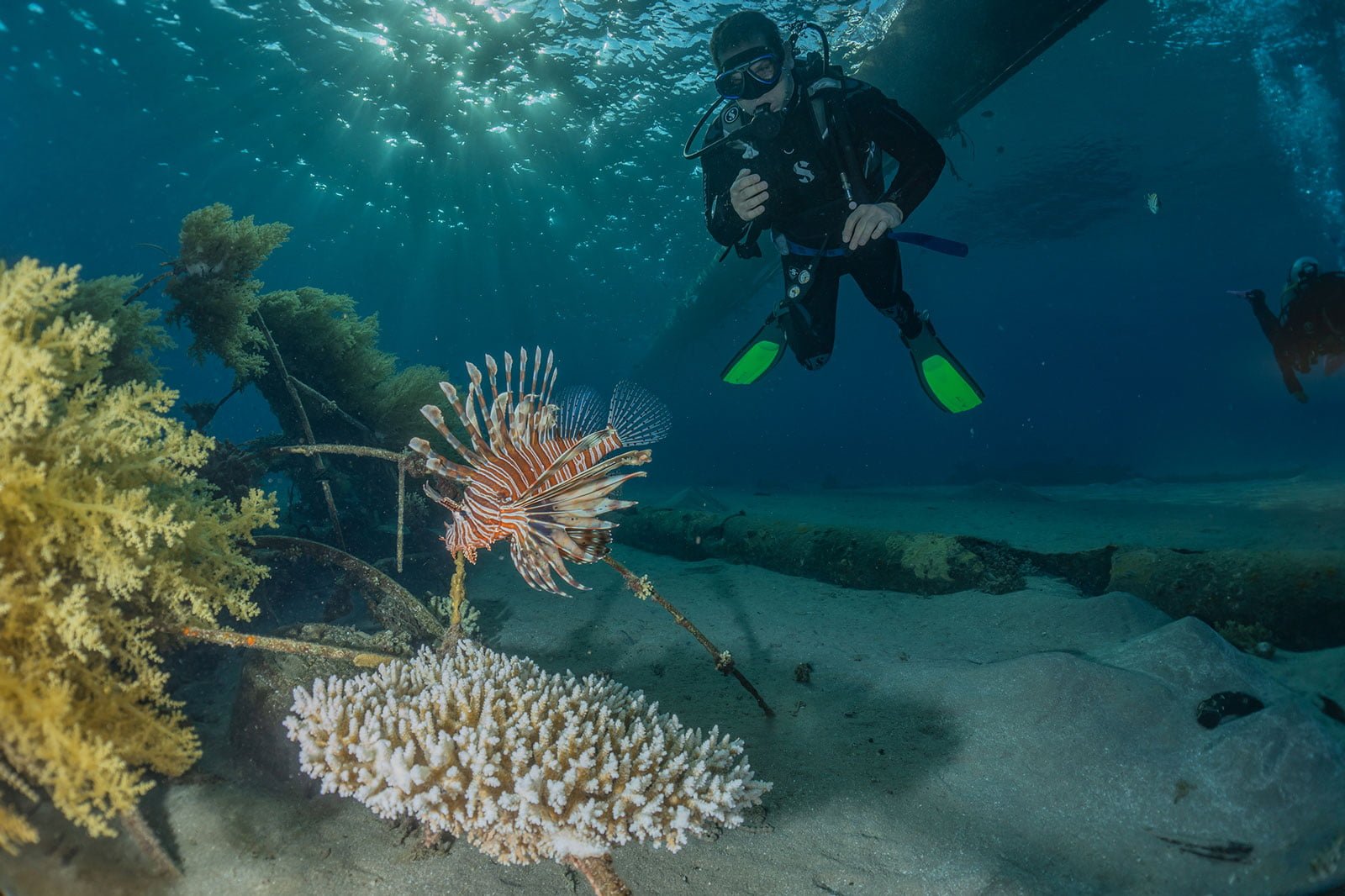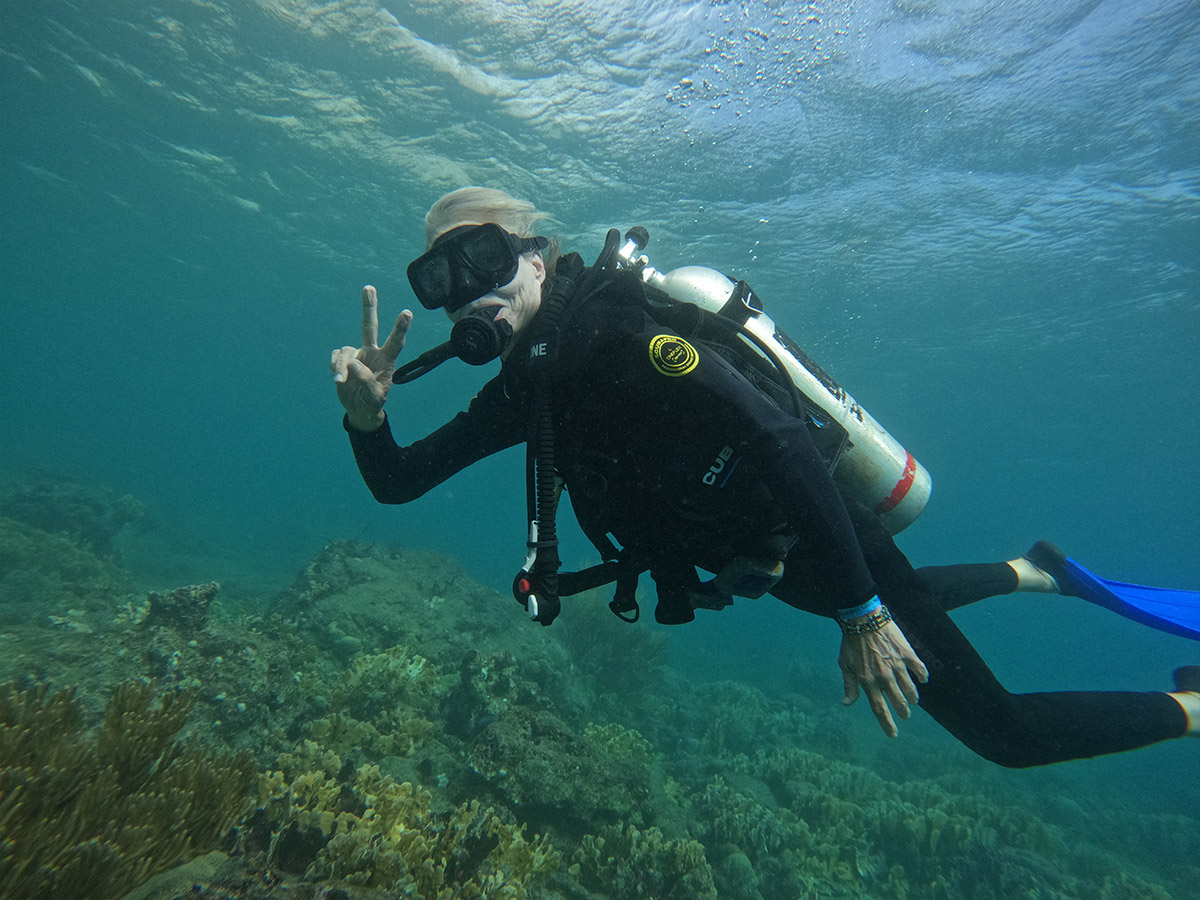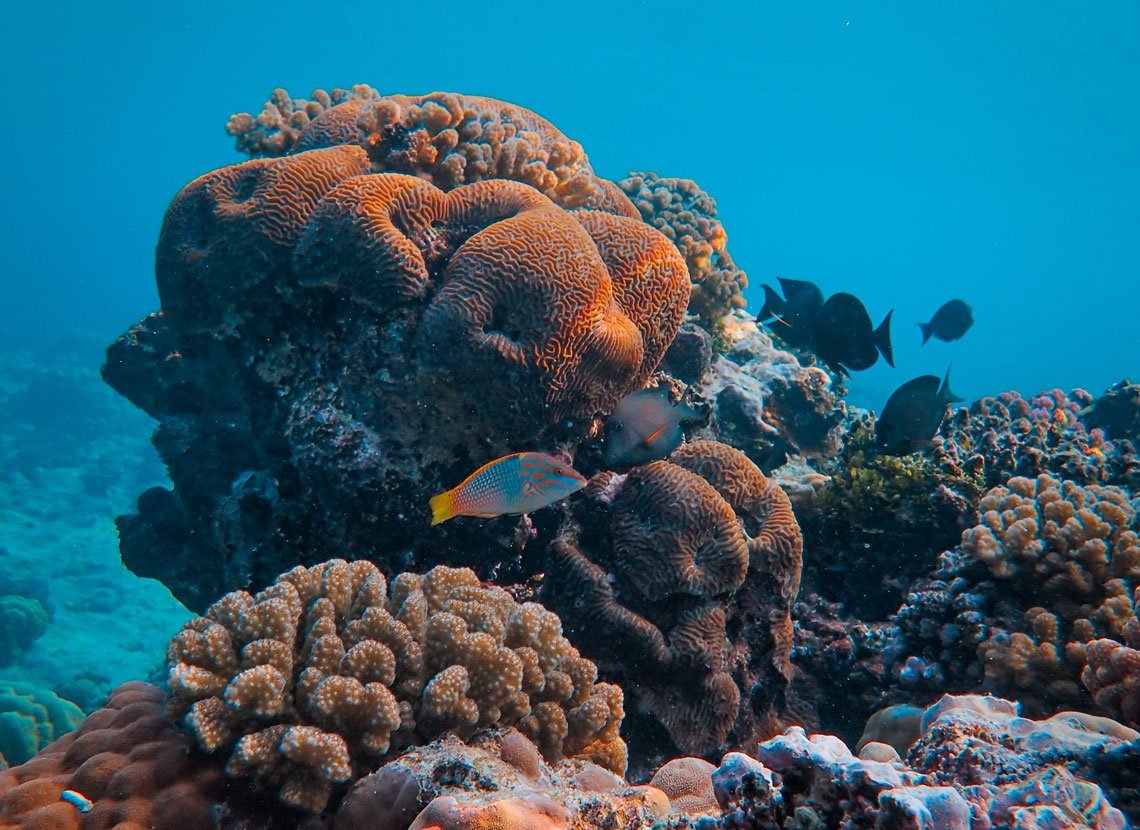The Lionfish (Pterois volitans) is an exotic species that has caused concern in marine ecosystems around the world. Native to the Indian Ocean and the Red Sea, this predatory fish has found its way to the Caribbean and the Gulf of Mexico, where it has become a threat to local biodiversity.
What makes Lionfish so troublesome? Its ability to reproduce quickly and its lack of natural predators in the new areas where it has been introduced. In addition, their voracious diet includes a wide variety of native species, which can unbalance local ecosystems and affect fish and coral populations.
Lionfish control and management efforts have intensified in recent years. Trapping and culling strategies have been implemented, as well as awareness and education programs targeting divers, fishermen, and coastal communities. Lionfish hunting has also been promoted as a way to control their population, encouraging divers to engage in selective collecting activities.
However, controlling the Lion Fish is not an easy task. Their adaptability and ability to inhabit a wide range of marine habitats make their complete eradication difficult. Still, continued efforts to monitor, investigate, and control its spread are critical to protecting our valuable marine ecosystems.
As divers and lovers of the ocean, we have an important role in this fight. We can contribute by becoming informed about the problem, participating in lionfish hunting programs responsibly, and supporting marine conservation initiatives.
In conclusion, the Lionfish represents a challenge for the preservation of marine ecosystems. However, with coordinated and conscious action, we can reduce its impact and protect the diversity and beauty of our oceans for future generations. Together we can make a difference!



